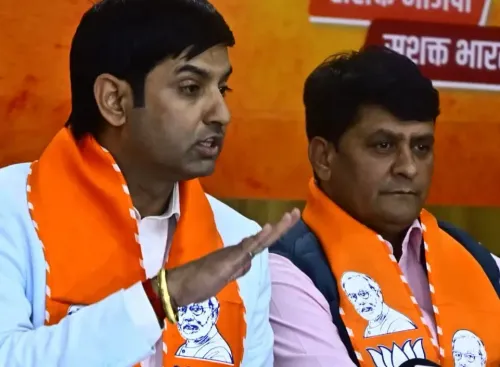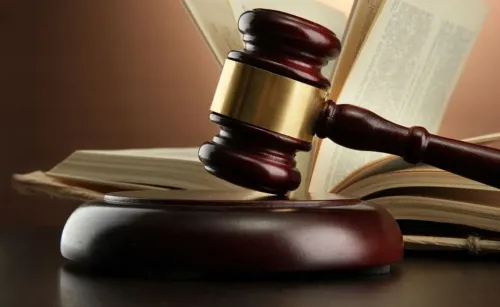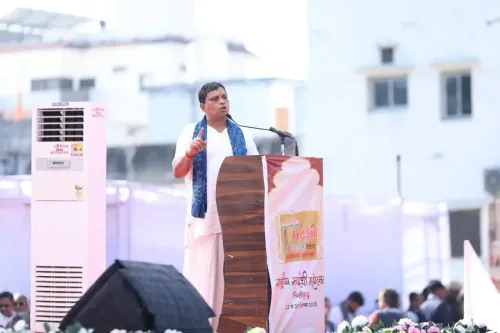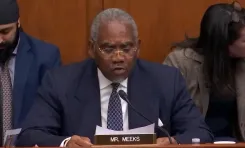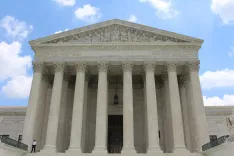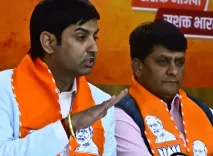Will Justice B.R. Gavai Take Oath Today as the 52nd CJI?
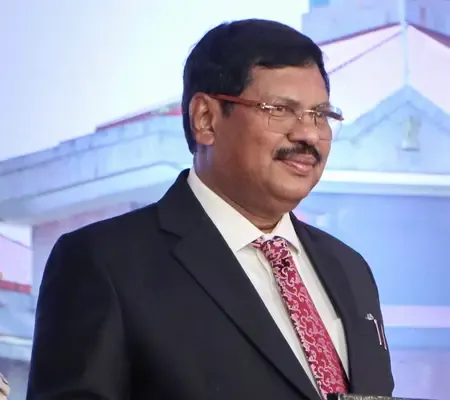
Synopsis
Key Takeaways
- Justice B.R. Gavai becomes the 52nd CJI of India.
- He is the second Dalit Chief Justice in history.
- The oath ceremony will be conducted by President Droupadi Murmu.
- Justice Gavai's tenure lasts until November 2025.
- He has a rich legal background and family legacy.
New Delhi, May 14 (NationPress) Justice Bhushan Ramkrishna Gavai is poised to take the oath of office on Wednesday, marking his inauguration as the 52nd Chief Justice of India (CJI). He will succeed Justice Sanjiv Khanna, who stepped down on May 13 following a short tenure as the 51st CJI.
The oath-taking ceremony is scheduled to occur at Rashtrapati Bhavan, where President Droupadi Murmu will administer the oath.
Justice Gavai will make history as the second Chief Justice from the Dalit community, following Justice K.G. Balakrishnan, who served from 2007 to 2010.
His tenure as head of the judiciary will extend until November 23, 2025, providing him with just over six months in office.
A highly regarded legal figure, Justice Gavai was born on November 24, 1960, and began his legal journey at the Bar on March 16, 1985, at the age of 25.
He independently practiced law at the Bombay High Court from 1987 to 1990, later serving at its Nagpur Bench. He became a judge of the Bombay High Court in November 2003 and was elevated to the Supreme Court in May 2019.
Justice Gavai hails from a remarkable lineage; his father, Ramakrishna Suryabhan Gavai, was a notable Ambedkarite leader and the founder of the Republican Party of India (RPI).
Known affectionately as Dadasaheb, the elder Gavai was also an Amravati Lok Sabha member and served as Governor of Bihar, Sikkim, and Kerala from 2006 to 2011 under the Congress-led UPA government. He passed away in 2015, four years prior to his son's elevation to the Supreme Court.
The ascent of Justice Gavai to the pinnacle of India's judiciary is viewed as a significant step for social representation within the higher judiciary.
As Chief Justice, he will navigate the apex court through a pivotal phase, addressing crucial constitutional issues, legal reforms, and high-profile cases that may influence the trajectory of Indian jurisprudence.


